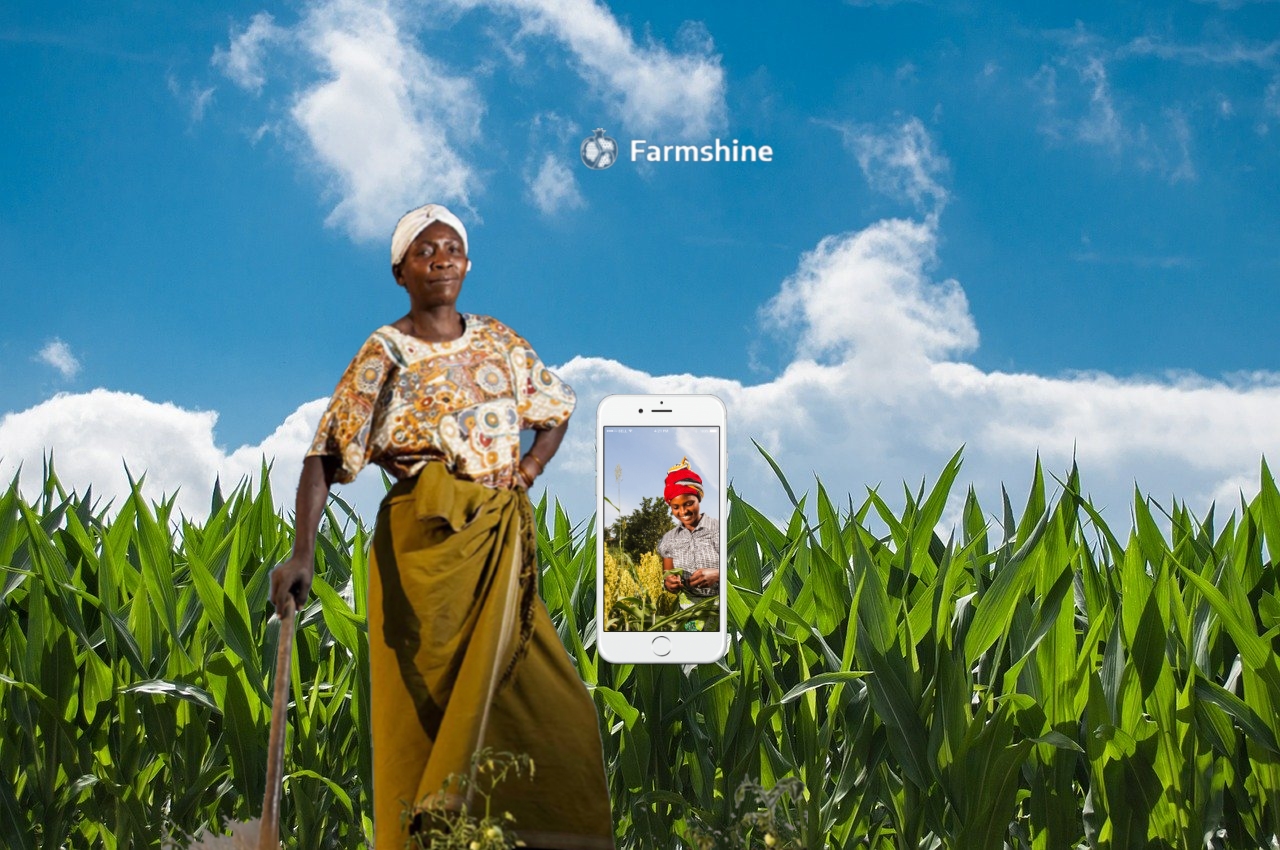Agriculture is a key economic pillar for Kenya. The sector contributes directly, 26% of the country’s GDP, and indirectly, 27% to the country’s economy. Indeed the sector is the breadwinner for 70% of Kenyans living in rural areas, forming 40% of the national employment.
The agricultural sector not only provides a source of nutrition and food security for the country but also fetches 65% of Kenya’s foreign exchange. While these stats may look good on paper. The reality on the ground is heart-breaking. Truth be told, earning from farming, at its best only helps the farmers go by from hand-to-mouth. The front-line producers of farming produce continue to get the short end of the stick.
That is thanks to the swindling deals made by exploitative middlemen who have guising as a helping bridge between the farms and the consumer market. They buy the produce from farmers at a very low price, then sell it to the end consumer at exorbitant prices.
The situation has been exacerbated by a worsening climate, largely attributed to global warming. It is against that background that the activities of the social-enterprise startup, Farmshine, picked out interest and we sought an audience with them. Last week we featured an article of the startup securing $250k from Gray Matter Capital’s coLABS. And today, we bring you an interview with one of the founders. Read ahead for the interview:
Tell us about yourself?
Chris Mimm, Co-founder, Head of Strategy
What’s the vision for Farmshine? How do you intend to achieve that vision?
Farmshine’s agriculture operating system enables fully transparent management of the agriculture value chain, and enables smallholder farmers to aggregate and sell their harvests directly to large commodity companies. This has not been possible in the past because there was no way to exchange accurate information on buyers’ contract offers or to ensure the trust needed for buyers and farmers to engage in such a contract.
Farmshine’s system can also be used by UN, NGO and commercial organizations to manage their agricultural activities. This includes the registration, training and management of smallholder farmers; monitoring of crop growth and field activities throughout the growing season; early warning of plant pests and diseases; and aggregation and sale to large commodity companies. Many UN/NGO organizations provide training and agricultural support to farmers but lack the management and data analysis capabilities of Farmshine’s platform. By connecting their farmers to the buyers on Farmshine’s platform, these organizations can provide farmers with a sustainable trading solution that continues even after the project has ended.
What’s your reach across Kenya, and African in general?
In addition to our current operations in Kenya, by mid-2020 we expect to begin a partnership with a large development project in Malawi. In the near future, we will also consider opportunities for expansion into other East African countries. Farmshine’s software platform can be licensed to organizations around the world.
Congratulations on your recent US$250,000 funding from Gray Matters Capital’s coLABS. Tell us about your plans.
We plan to support farmers in growing higher-value crops such as sesame while ensuring they have fair and reliable buyers for their production. In 2020 we will also begin licensing our platform to support large development organizations to manage and monitor their agriculture operations.
Currently, what type of farmers are enlisted in the Farmshine system and are there plans to rope in more farmers across the farming spectrum?
Farmshine is focused on smallholder farmers, the majority of which are women. There are about 8 million smallholder farmers in Kenya, 40 million in East Africa and 1 billion around the world.



